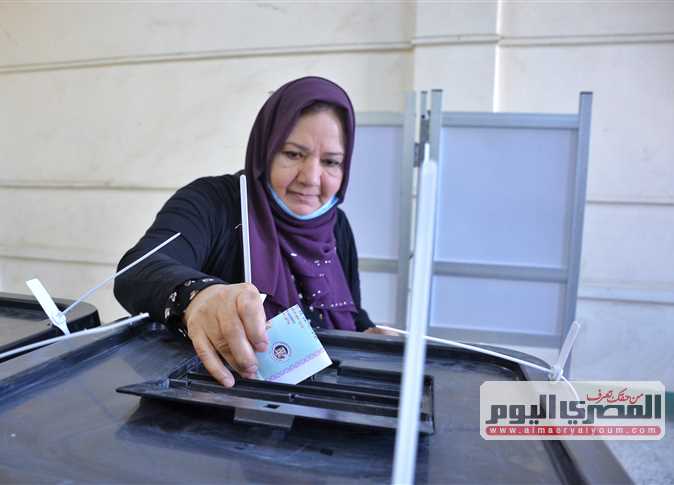With parliamentary elections scheduled to begin in late November, many are trying to glean what Egypt’s future holds. A September poll by the International Peace Institute (IPI), an independent New York-based NGO, highlights some important trends in Egyptian public opinion.
The economy remains the primary concern of 62 percent of Egyptians, compared to 54 percent in June, and 35 percent in March. A whopping 76 percent want greater state control over the economy to improve the current condition, while 22 percent believe that free markets are the solution. The poll also suggests that more people feel their household economic conditions are worse now than under Mubarak.
A steady 6 to 8 percent believe that corruption is the country’s biggest challenge. Crime, however, has risen from being the top concern of 5 percent of the sampled Egyptians in March to 11 percent in August. Seventy-five percent of respondents claim they feel insecure in the latest poll, compared to 58 percent in September 2008.
Only 1 percent of respondents say that democracy is their greatest concern, down from 5 percent in March.
The IPI poll found that only 15 to 17 percent believe that the demonstrations are the country’s biggest problem, with 53 percent believing that eventually protests have to stop, while 35 percent this last August thought they were “necessary."
Prime Minister Essam Sharaf is also steadily losing popularity, from a 62 percent favorability rating in March to 35 percent most recently. In September 2008, 74 percent in a similar poll thought negatively of former Prime Minister Ahmed Nazif’s government.
In September 2008, 61 percent thought the country was going in the wrong direction (compared to 27 percent with a positive outlook), while in March of 2011 only 10 percent believed so (with a whopping 82 percent optimistic about the country’s direction, in line with the spirit of the recent revolution).
However, 42 percent now see the country moving in the wrong direction, while barely 50 percent believe otherwise, a sign of the growing public opinion line of demarcation in Egyptian society.
The poll also gives some idea of what Egypt can expect from the coming elections.
Egyptians are now even more undecided than they were months ago. While former Mubarak-era Foreign Minister Amr Moussa remains the leading presidential candidate with 28 percent of the sample, he has slipped four percentage points since June.
Almost every potential presidential candidate has lost votes, with Sharaf declining to 12 percent from 16 percent, SCAF head Field Marshal Hussein Tantawi at 7 percent from 8 percent, and former IAEA director Mohamed ElBaradei remaining steady at a mere 2 percent.
Thirty percent of respondents claim they do not know who they would vote for, compared to 13 percent in June, a remarkable rise and a sign of how the map of candidates has markedly changed over the past few months, as well as the general zeitgeist.
Sixty-seven percent of respondents in the poll say they do not know which party they will vote for, up from 27 percent in March. That may be a reflection of not only the overwhelming entry of many new political parties into the scene, and the development and crumbling of alliances over the past several months, but also how disillusioned many are becoming with current parties.
Thirteen percent say they will vote for liberal/secular parties (compared to 35 percent in March), 9 percent for Islamist parties (down from 20 percent in March), and 1 percent for parties affiliated with the former ruling party (10 percent in March). About 10 percent declined to answer.
All major political parties get between 1 to 3 percent support, with no clear dominating party or front runner. Of note, however, is that on the Islamist side, Jama’a al-Islamiyya's party and the Muslim Brotherhood’s Freedom and Justice Party both score an equal 3 percent in the poll.
Seventy-one percent say they want to maintain the peace treaty with Israel, while 24 percent want to see it annulled. Fifty-six percent would like to stop natural gas sales to Israel, 36 percent would like to renegotiate the terms of the agreement, and 4 percent seem content with the agreement as it stands.




